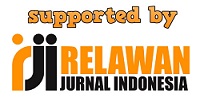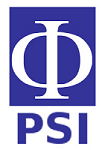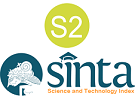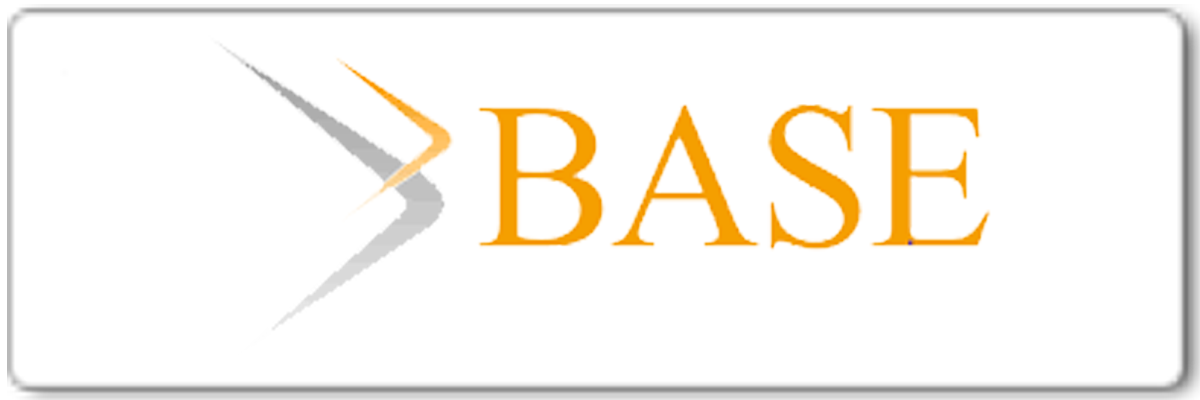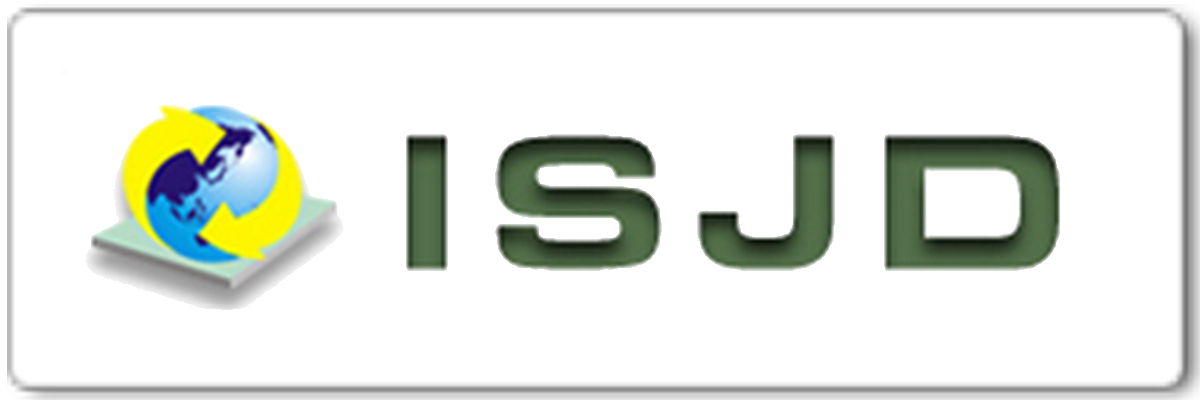Menyiapkan Peserta Didik untuk Masyarakat 5.0 melalui Creative Responsibility Based Learning
Abstract
Scientific creativity and responsibility are among the main competencies in the society 5.0, but they are not trained in school. Therefore, this study wants to produce a valid Creative Responsibility Based Learning (CRBL) to prepare students for society 5.0. This research is part of the educational research design using the Tessmer model, but data collection is still at the stage of self-evaluation and expert validation. CRBL's instructional goals are science process skills, responsibility, and scientific creativity; and other impact is the competence of society 5.0. The design of CRBL phase includes: generating creative responsibility, organizing creative learning needs, guiding group investigations, actualizing creative responsibilities, evaluating and reflecting. Students can explore creative and imaginative ideas, design creative products, and create technology products. In addition, the three validators agreed that CRBL was valid to prepare them for society 5.0.
Keywords
Full Text:
PDFReferences
Arends, R. I. (2012). Learning to teach. New York: Mc. Graw-Hill.
Eggen, P. D., & Kauchak, D. P. (2013). Educational psychology: Windows on clasrooms (9th edition). New Jersey: Pearson.
Fukuyama, M. (2018). Society 5.0: Aiming for a New Human-Centered Society. Japan Spotlight Special Article 2. https://www.jef.or.jp/journal/
Gladden, M. E. (2019). Who will be the members of society 5.0? Towards an anthropology of technologically posthumanized future societies. Socio Science, 8(5), 148
Hamdani, N. A., Herlianti, A. O., & Amin, A. S. (2019). Society 5.0: Feasibilities and challenges of the implementation of fintech in small and medium industries. Journal of Physics: Conference Series, 1402(7), 077053. IOP Publishing.
Hu, W., & Adey, P. (2010). A scientific creativity test for secondary school students. International Journal of Science Education, 24(4), 389-403
Karamustafaoglu, S. (2011). Improving the science process skills ability of science student teachers using i diagrams. Eurasian of Journal Physics and Chemistry Education, 3(1), 26-38.
Kristanto, A., Rahayu, C. A. P., & Wibawa, S. C. (2019). The development of augmented reality media for physics subject in learning optical devices material at SMK Multimedia. International Conference on Education Technology. Atlantis Press.
Ratu, T., & Erfan, M. (2018). Meningkatkan keterampilan procedural dan keterampilan berpikir tinggi mahasiswa melalui model pemecahan masalah pada perkuliahan elektronika dasar. Jurnal Pendidikan Fisika dan Keilmuan, 4(1), 30-35.
Sanjaya, W. (2011). Perencanaan dan desain sistem pembelajaran. Jakarta: Kencana, Prenada Media Group.
Satya, V.E. (2018). Strategi Indonesia menghadapi industri 4.0. Jakarta: Pusat Penelitian Badan keahlian DPR RI, 10(09).
Siew, N. M., Chong, C. L., & Chin, K. O. (2014). Developing a scientific creativity test for fifth graders. Problems of Education in The 21st Century, 62, 109-123.
Slameto, S. (2019). Reformasi pendidikan era masyarakat 5.0. Jurnal Ilmiah Pendidikan TRISALA, 3(15), 412-419.
Slavinec, M., Abersek, B., Gacevic, D. & Flogie, A. (2019). Monodisciplinarity in science versus transdisciplinarity in stem education. Journal Baltic Science of Education, 18(3), 435.
Sumiati, E., Septian, D., & Faizah, F. (2018). Pengembangan modul fisika berbasis scientific approach untuk meningkatkan keterampilan proses sains siswa. Jurnal Pendidikan Fisika dan Keilmuan (JPFK), 4(2), 75-88.
Suyidno, Nur, M., & Yuanita, L. (2016a). Developing worksheets based on scientific creativity in fundamental physics course. Proceeding International Seminar on Science Education (ISSE) Graduate School Yogyakarta State University, 2 October 2016, 442-449.
Suyidno, Nur, M., & Yuanita, L. (2016b). Keterlaksanaan model scientific creativity learning untuk melatihkan kreativitas ilmiah mahasiswa dalam pembelajaran fisika. Prosiding Seminar Nasional Masif II FMIPATI Universitas PGRI Semarang, 3 September 2016, 263-268.
Suyidno, Nur, M., Yuanita, L., Sunarti, T., & Prahani, B.K. (2016c). Tanggung jawab mahasiswa jurusan pmipa universitas lambung mangkurat dalam pembelajaran fisika. Vidya Karya, 31(2):114-124.
Suyidno, Dewantara, D., Nur, M., & Yuanita, L. (2017a). Maximize student’s scientific process skill within creatively product designing: creative responsibility based learning. Proceeding The 5th South East Asia Development Research (SEA-DR) International Conference. Banjarmasin, Indonesia, 3 Mei 2017.
Suyidno, Nur, M., Yuanita, L., & Prahani, B. K. (2017b). Validity of creative responsibility based learning: An innovative physics learning to prepare the generation of creative and responsibility. Journal of Research & Method in Education, 7(1), 56-61.
Suyidno, Nur, M., Yuanita, L., Prahani, B. K., & Jatmiko, B. (2018). Effectiveness of creative responsibility based teaching model on basic physics learning to increase student’s scientific creativity and responsibility. Journal Baltic Science of Education, 17(1), 136-151.
Suyidno, Susilowati, E., Nur, M., Yuanita, L., and Sunarti, T. (2019a). Kreativitas Ilmiah Mahasiswa dalam Mendesain Rangkaian Listrik Sederhana melalui Creative Responsibility Based Learning. Prosiding Seminar Nasional Pendidikan Fisika FKIP Universitas Lambung Mangkurat.
Suyidno, S., Susilowati, E., Arifuddin, M., Misbah, M., Sunarti, T., & Dwikoranto, D. (2019). Increasing Students’ Responsibility and Scientific Creativity through Creative Responsibility Based Learning. Jurnal Penelitian Fisika dan Aplikasinya (JPFA), 9(2), 178-188.
Trianggono, M. M., & Yuanita, S. (2018). Karakteristik keterampilan berpikir kreatif dalam pemecahan masalah fisika berdasarkan gender. Jurnal Pendidikan Fisika dan Keilmuan, 4(2), 98-106.
Umamah, C., & Andi, H. J. (2019). Pengaruh model project based learning terhadap keterampilan berpikir kreatif dalam pembelajaran fisika terapan. Jurnal Penelitian Pembelajaran Fisika, 10(1), 70-76.
Wahyudi, W., & Lestari, I. (2019). Pengaruh modul praktikum optika berbasis inkuiri terhadap keterampilan proses sains dan sikap ilmiah mahasiswa. Jurnal Pendidikan Fisika dan Keilmuan, 5(1), 33-44.
Yuliati, Y., & Saputra, D. S. (2019). Pembelajaran sains di era revolusi industri 4.0. Jurnal Cakrawala Pendas, 5(2), 167-171
Article Metrics
Abstract has been read : 1130 timesPDF file viewed/downloaded: 0 times
DOI: http://doi.org/10.25273/jpfk.v6i1.6041
Refbacks
- There are currently no refbacks.

This work is licensed under a Creative Commons Attribution-ShareAlike 4.0 International License.
Universitas PGRI Madiun
Jl. Setiabudi No. 85 Kota Madiun 63118
Lt 2 Office Physics Education
email : jpfk@unipma.ac.id
Copyright Jurnal Pendidikan Fisika dan Keilmuan (JPFK) ISSN 2442-8868 (printed) , ISSN 2442-904X (online)

JURNAL PENDIDIKAN FISIKA DAN KEILMUAN by http://e-journal.unipma.ac.id/index.php/JPFK/index is licensed under a Creative Commons Attribution-ShareAlike 4.0 International License.






